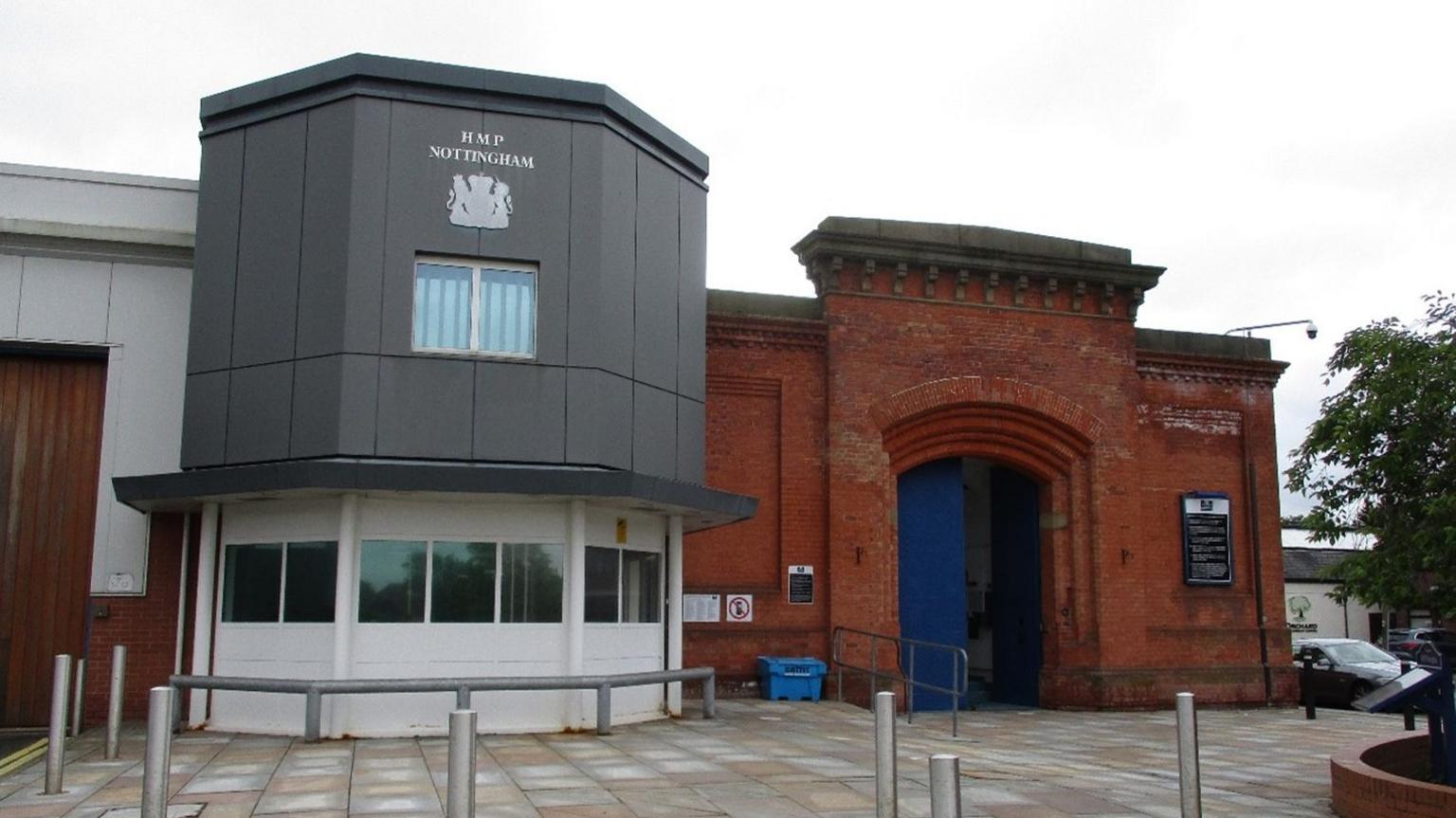'Don't just throw us on the streets after prison'
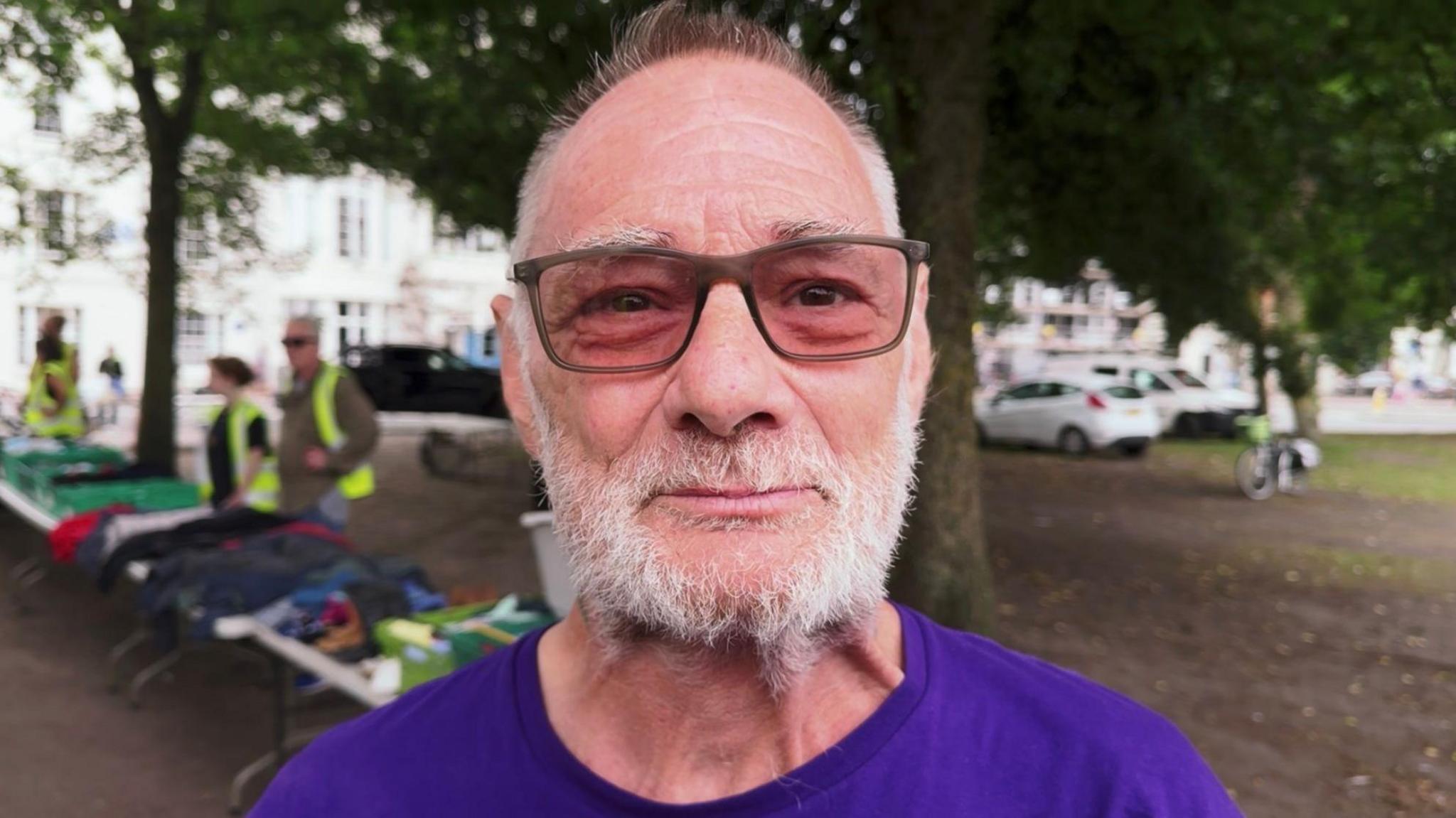
Alan was released from prison into homelessness
- Published
Plans to release thousands of prisoners early have prompted fears of rising homelessness and reoffending.
The new early release scheme will kick in this week as ministers seek to reduce pressure on the prison service and free up jail space.
The government said it had "inherited a justice system in crisis", but concerns have been raised over released prisoners being unable to find accommodation.
Alan, who spent years on the streets in Brighton after his release, said: "You end up getting into trouble again deliberately to get put back inside. It’s not a life that a lot of us want.”
He said he had found it "hard, very very hard" leaving jail, and struggled to access benefits and support.
“You come out, the world’s different," he said.
"Find the right place to put us," he added. "Don't just leave us on the street."
From Tuesday, prisoners on “standard determinate sentences” will be automatically released after they have served 40% of their sentence.
The Ministry of Justice says it expects about 5,500 people will leave prison early over September and October.
Data shows 8,355 people in England and Wales - or 12% of prison leavers - were released from custody straight into rough sleeping last year, an increase of 2,310 from the previous year.
More than 3,000 people were still sleeping on the streets three months after they were released.
Former chief inspector of prisons Nick Hardwick has warned: "A lot of those released, I fear will end up homeless because there simply isn’t the accommodation for them."
Evidence, external shows former inmates in stable accommodation were 50% less likely to reoffend.
Charlie Taylor, the chief inspector of prisons in England and Wales, raised concerns "a sudden rush" of former prisoners seeking accommodation could increase homelessness.
"There’s a danger then that we do get this bottleneck, that we do get a lot of prisoners released from prison around the same time, and therefore they won’t be able to find accommodation,” he told BBC South East.
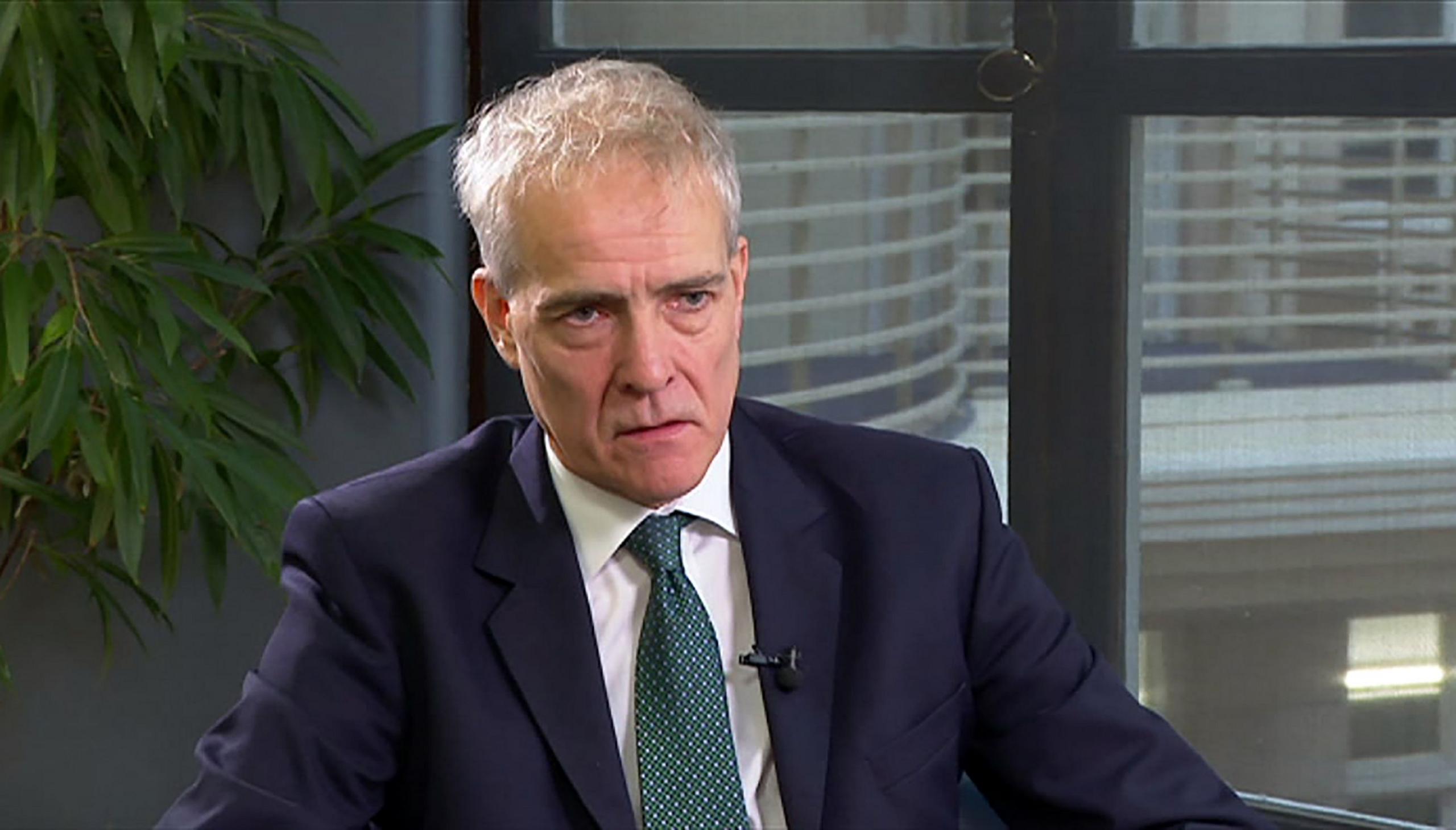
Charlie Taylor has raised concerns about a "bottleneck" with releases
Mr Taylor also highlighted the link between homelessness and reoffending.
"They’re going back out onto the streets, and then they’re back within the prison in a matter of days," he said.
Nick, who was placed in accommodation after leaving prison, was concerned there would not be enough accommodation for people being released early in the coming weeks.
He said: "So obviously you're just throwing people back out and they're going to relapse, either on drugs and drink, or they're going to reoffend because they want to go back to prison because they know it's a roof over their heads."
The former inmate said it was "easier, much easier" to be in prison where he got three meals a day, was paid to deliver newspapers and had access to a hot shower.
Nick, from Seaford, said he thought about reoffending to get back into prison.
“Sometimes, when you’re going through the bad days,” he said.
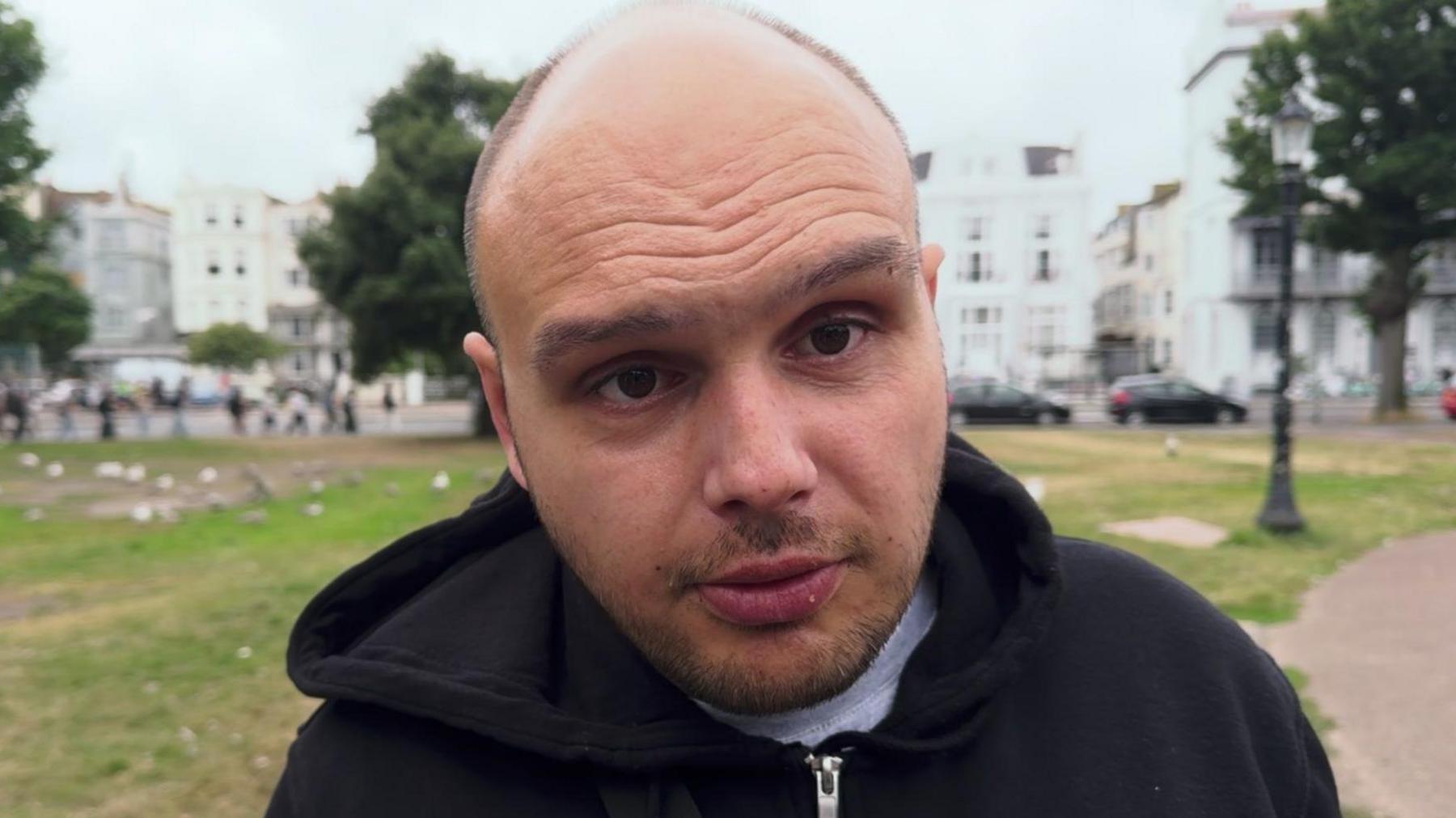
Nick is worried he could be made homeless again.
Helen Berresford, from social justice charity Nacro, said people "can be released without support and housing in place".
This can "really set them up to fail", she added.
The shortage of council housing and an unwillingness from some private landlords to rent to people who have a criminal conviction both contribute to the struggle of finding somewhere to live after leaving custody, she said.
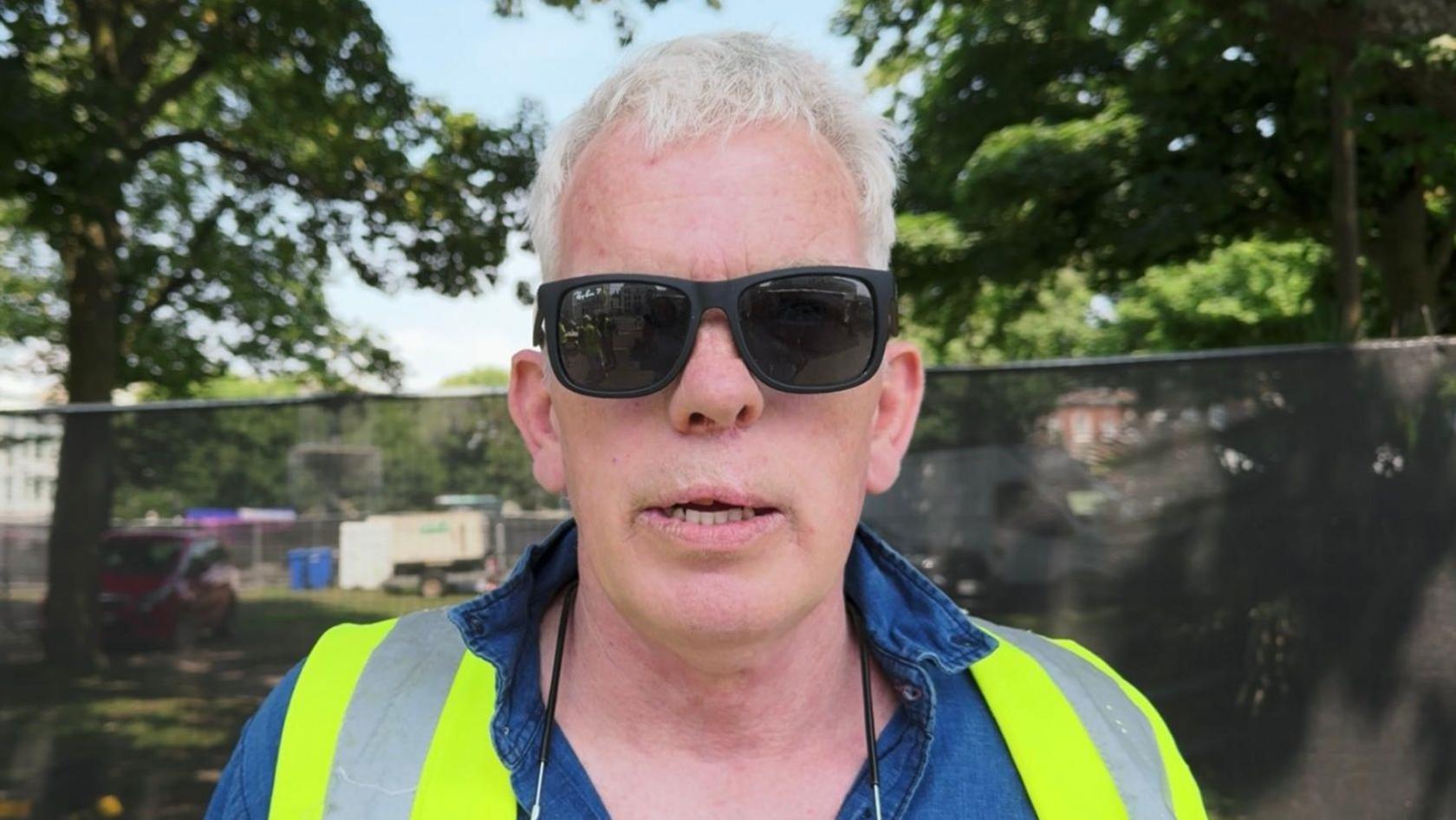
Steven, who volunteers for Sussex Homeless Support, went to rehab after being released from prison homeless.
Steven, from Brighton, is a volunteer with the charity Sussex Homeless Support.
He said the cycle of becoming homeless after being released from custody, and then returning to prison, was something he saw regularly.
“They go into prison with nothing, and then they come out with nothing, so you’re going to end up with nothing," he said.
Jakab, a former inmate who is now sleeping rough in Tunbridge Wells, Kent, said private landlords would not rent to him.
"They push you out. You're just a prisoner," he said.
"I don't want to sleep on the street, it's too much to bear."
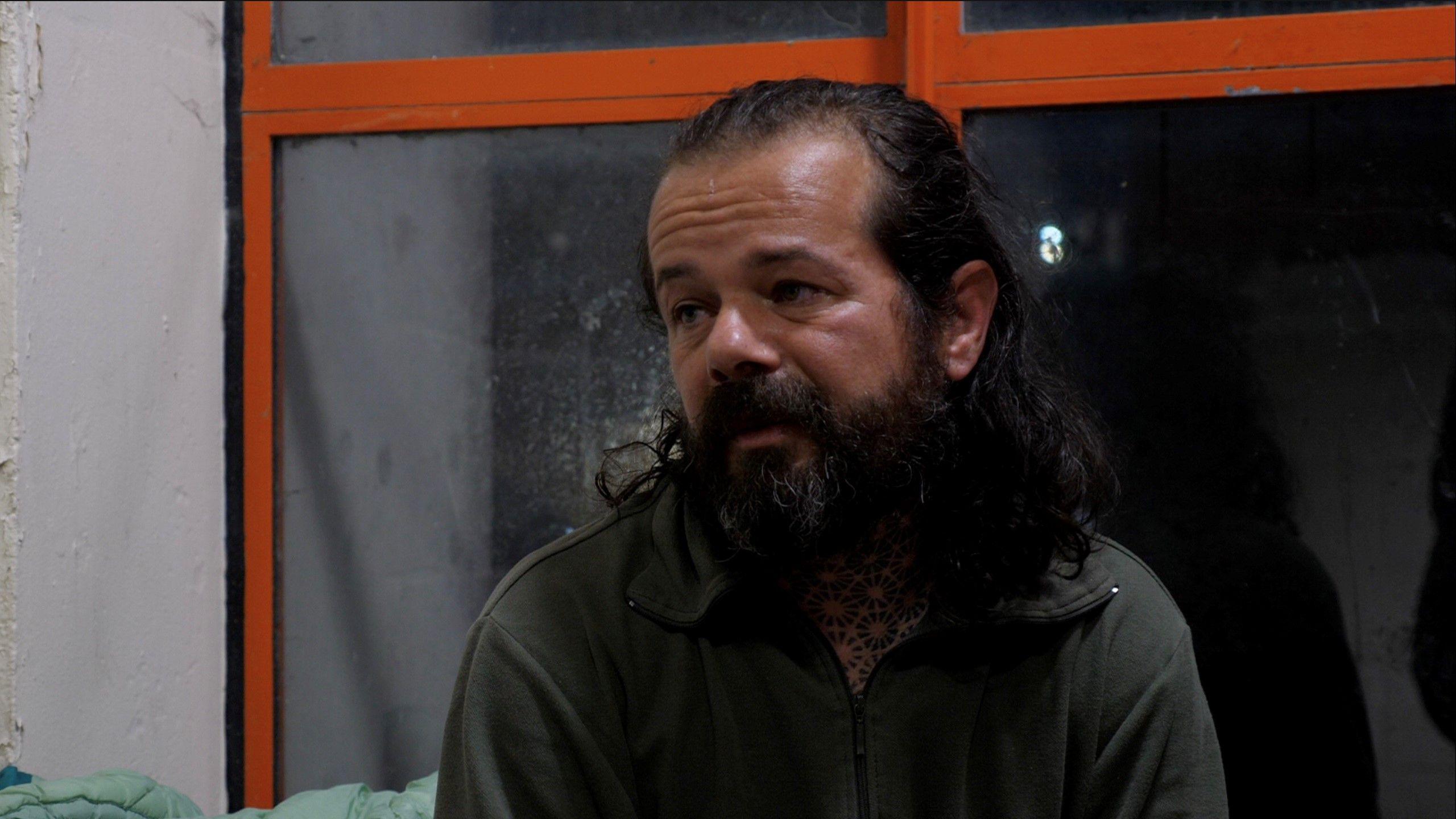
Jakab cannot get most benefits, council housing or homeless help as he is not from the UK
The Local Government Association has said councils are worried about the impact the early release programme will have on their ability to prevent and manage homelessness.
A spokesperson said: "While councils do everything they can to prevent homelessness, the shortage of affordable housing makes this increasingly difficult and a proportion of prisoners released will become homeless."
The prison population reached a record high of 88,521 people behind bars last Friday, 171 more than the earlier record set at the end of the previous week.
A Ministry of Justice spokesman said the new early release system would give “probation staff more time to prepare for a prisoner's release", including planning for their accommodation.
They also said the government was working with local councils and charities to "avoid prisoners being released onto the streets", while developing a long-term strategy on homelessness.
“We are having to make tough decisions to get a grip of these issues," they added.
Related topics
- Published11 July 2024
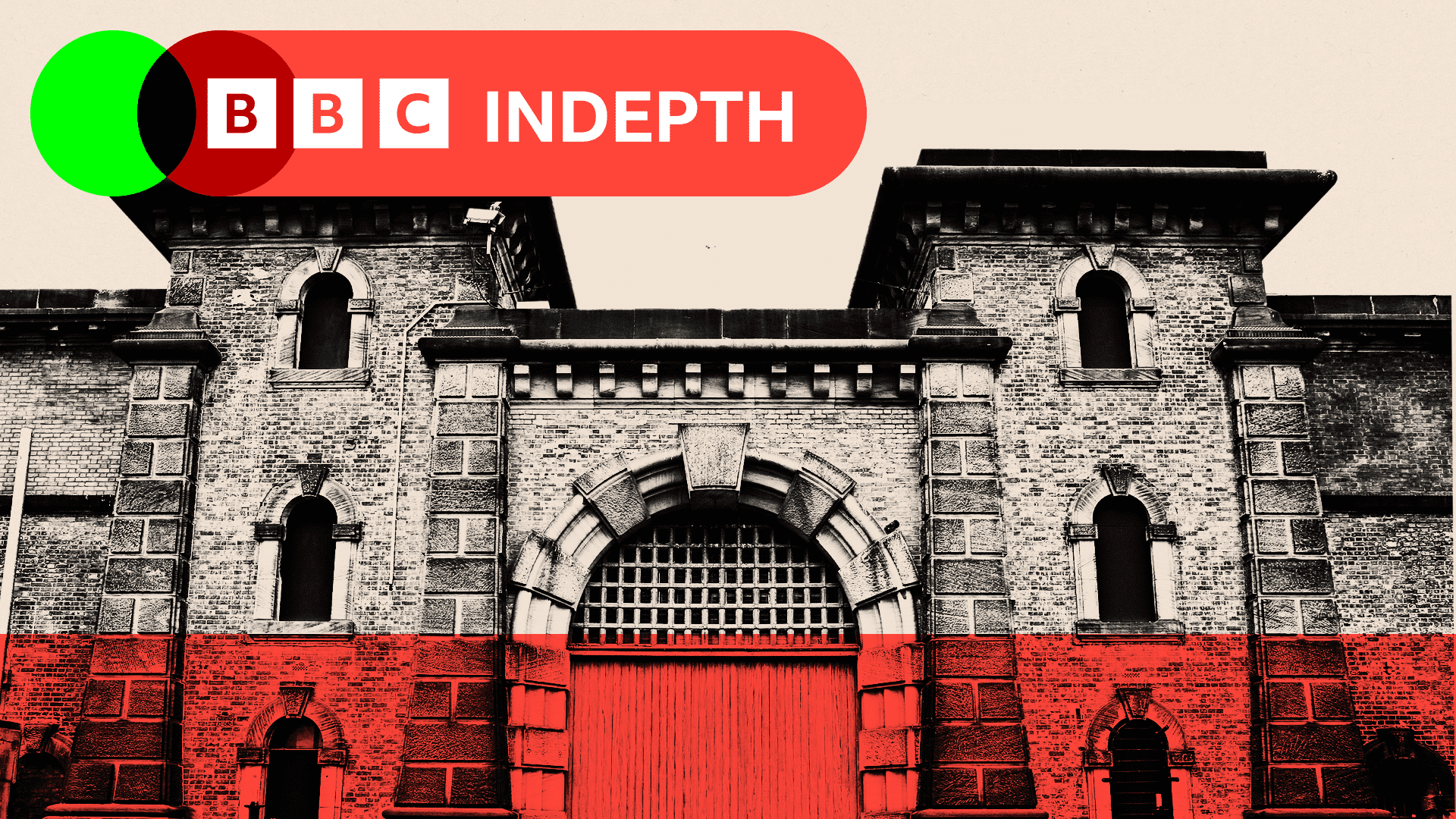
- Published20 August 2024
